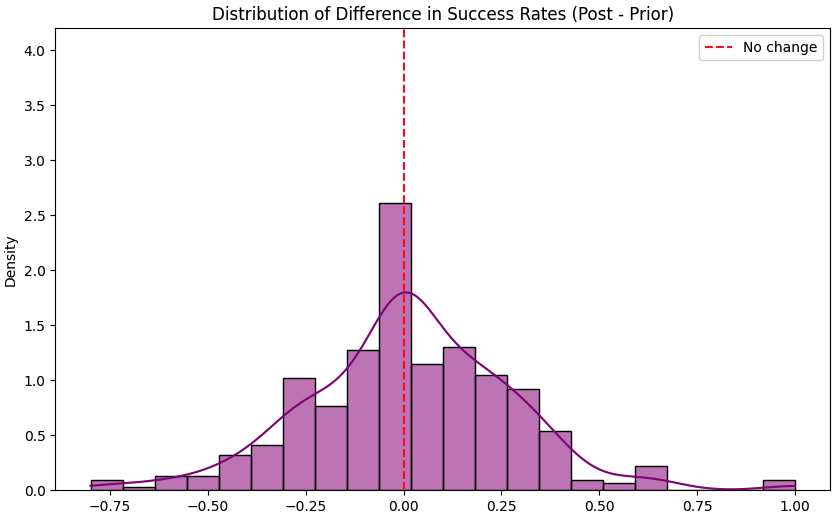We highlighted in our last article, The Metrics That Matter: Measuring Reliability in Your EV Charging Network, that reliability isn’t just about uptime—it’s about every driver’s ability to start and complete a successful session. Charger failures don’t just inconvenience drivers—they impact revenue, support load, and brand trust. That’s why we’ve focused on proactive improvements that prevent failures before they occur and raise the bar on session success rate and charge start success across the networks we power.
Thanks to our Spark™ platform and a suite of targeted interventions, we’ve improved session success rates spanning multiple charger makes, models, and geographies. These sites include both urban and highway locations, providing a realistic test bed for broader rollout.
Key improvements we’ve rolled out
1. Smarter, safer reboots
Using Spark™’s anomaly detection, we identify chargers at risk of failure and automatically reboot them—once per day at most, and never during active sessions or peak hours. If a charger requires frequent reboots, it’s flagged for deeper investigation by our reliability engineering team. We rolled this out for 1000 chargers on our network including L2 and DCFC chargers, and compared our results to a control group.

Results:
- We saw a statistically significant improvement in session success rate of ~1.75%
- We observed greater improvements to specific vendors like ABB, BTC Power and Garo compared to others.
Our next steps will be rolling this out to our entire network, and developing a more targeted restart model based on vendors, and connectivity.
2. Automatic configuration enforcement
Misconfigurations—often leftover factory defaults or installer errors—can quietly cause session failures. We now automatically push recommended configurations based on each charger’s make and model, ensuring settings stay consistent with best practices.
The largest impact we saw was optimizing the ConnectionTimeOut configuration, which defines the maximum time allowed for a specific action to complete before the charging station automatically cancels the incipient session or stops waiting for a response. We increased the ConnectionTimeOut to 180 seconds and observed a 17% reduction in failed sessions due to 0 kWhs delivered for L2 chargers.
3. Carefully managed firmware updates
Firmware updates are essential for long-term reliability, but risky if deployed too broadly at once. That’s why we schedule updates in controlled waves:
- One charger per site at a time
- Charger has good connectivity
- Charger is not in use
- Leverage real-time monitoring to pause deployment if anomalies are detected
This lets us safely upgrade reliability across the fleet without risking downtime. We have performed 300 firmware updates over the last 3 months with minimal impact, seeing a success rate improvement of 3% for the updated chargers.
What's next
We’re expanding our Spark™ reliability library to include 70+ signal patterns that can trigger intelligent interventions—ranging from automated reboots to targeted configuration fixes and diagnostic alerts.
For ChargeLab customers, these enhancements are available now depending on your integration tier. If you’re a network operator or site host interested in joining future reliability pilots, reach out to our team to participate at hardware-team@chargelab.co.
Our goal is clear: a world where EV charging “just works”—powered by proactive, data-driven reliability at scale.



